EDUCATION
CONSULTATION
SOLUTION ADVOCACY
PROJECT MANAGEMENT
PARTNERSHIP PROMOTION
Stay updated with the latest news
Sign up for our newsletter to gain insights about the challenges of fragile states, including how to empower individuals and organizations to apply peace-building strategies.
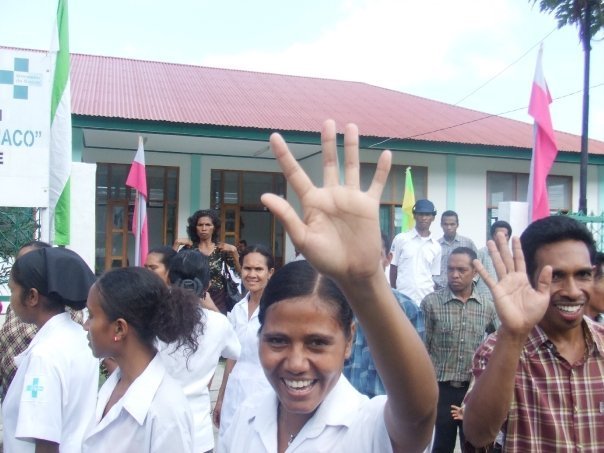

EDUCATION
We educate to empower the next generation of leaders and guide like-minded organizations to help foster more peaceful, tolerant, secure, and inclusive communities.
Education is the key to peace. We approach education by providing a lens into the local, regional, and global context of fragile states.
Perspective matters, and the lessons of peace-building and state-building are applicable at all community levels. By having communities of individuals explore their own social, economic, and political context through The New Deal for Engagement in Fragile States, we introduce the shared principles of the Peace Building and State Building Goals (PSGs) and The United Nations Sustainable Development Goals (SDGs), which can be put into action.
Through guided reflection, students and practitioners of peace building can begin to tackle the complex challenges of fragility. The FPCD empowers individuals to apply the concepts of peace-building and state-building to their communities, while providing the building blocks for creative solutions to complex problems.
The FPCD offers professional training and advanced education to corporations, organizations, institutions, governments, civil society, and universities that are operating, or have an interest, in fragile and conflict-affected states.
These programs are context-driven, with content and guest speakers tailored to cover topics of concern relevant to the specifics of the situation on the ground. All programs conclude with the development of a Declaration of Understanding and Commitment.
Interact with the international constituents of the g7+, the preeminent forum of 20 fragile and conflict-affected countries.
Plan the achievement of the United Nations Sustainable Development Goals.
Contribute and promote the peace building and state-building landscape.
Advance and comply with the New Deal for Engagement in Fragile States.
Maximize both tangible and intangible investments to ensure their sustainable impact.
Engage in robust dialogue with world leaders and experts.
Innovate with new modes of intervention.
Deepen the understanding of the peace building context using historical, social, and economic overviews to develop a more robust cross-culture sensitivity approach to the fragile context.
Engender trust by directly committing to a new standard of engagement.
Understand and recommit to the code of “First, Do No Harm.”
Develop a Declaration of Understanding and Commitment for each program.
CONSULTATION
Our consulting aims to build more peaceful and vibrant states that promote safety and security that contributes to the overall social and economic prosperity of the local, regional, and global landscape.
The mission of the FPCD is to fulfill the UN Sustainable Development Goals in post-conflict situations. The way we accomplish this is two-fold:
• Empowering women through creating access to maternal health services, improving maternal health culture, and providing training opportunities
• Empowering and engaging youth by creating recreational spaces that promote inclusion, support education, and encourage positive participation in society
The FPCD links post-conflict countries with goodwill partners to address these needs concretely. We implemented different programs in Haiti, Ivory Coast, and Timor Leste, according to local need.
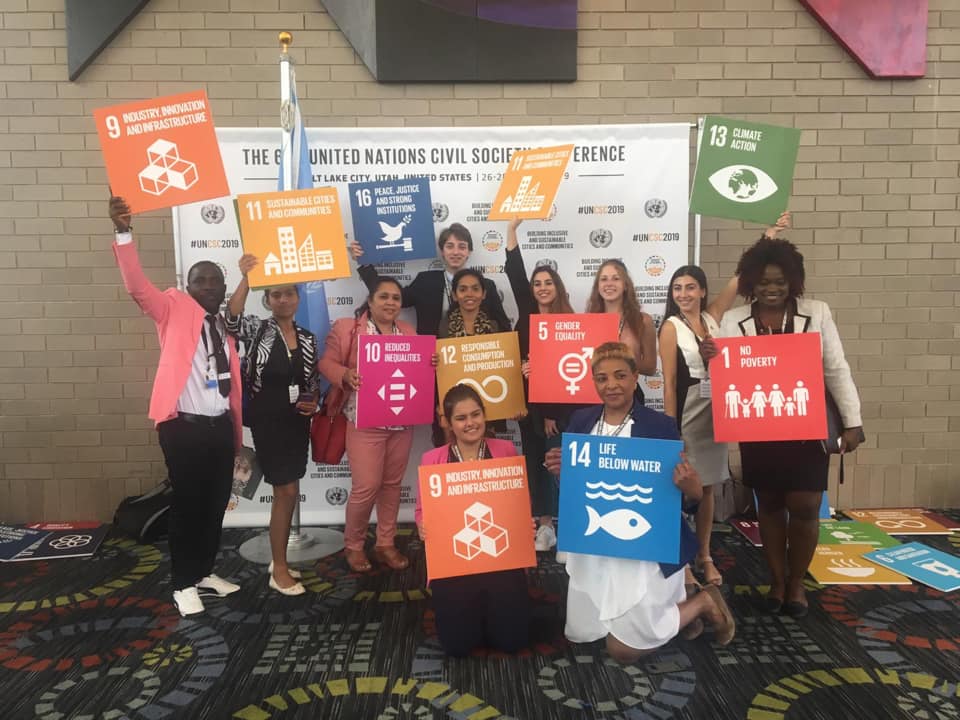
SOLUTION ADVOCACY
We advocate to shift our understanding of the conflict and fragile context to provide more innovative and bold sustainable development solutions.
In 2000, The United Nations Millennium Development Goals (MDGs) were agreed upon by all member nations to eradicate poverty by 2015 and were required to report annually on their progress to achieving these MDGs.
By 2010, there was a distinct pattern in the reporting: no fragile or conflict-affected country had managed to make any substantial achievement toward meeting any of the MDGs, and it became evident that no fragile or conflict-affected country would reach any of the MDGs by 2015. The international community responded by supporting the g7+, a forum of 20 conflict-affected and fragile countries established to identify the unique challenges that fragile and conflict-affected countries generally face. For the first time in history, these countries, traditionally exempt from the more formal global diplomatic framework, demanded, “Nothing about us, without us.”
The g7+ has since provided the most significant advancement toward a better understanding of peace building in similarly affected countries in the last half-century. By 2015, when the push to achieve MDG standards had ended, a new global diplomatic framework was adopted: the United Nations Sustainable Development Goals 2015–2030 (SDGs). In developing and supporting the SDGs, the g7+ provided a profound shift in the way we do business in conflict-affected and fragile countries.
The g7+ stated that unlike other developing countries, its member countries had unique challenges, which they identified by creating peace-building and state-building goals. These goals must first be addressed locally before the global goals articulated in the MDGs and the subsequent SDGs can be pursued successfully. The g7+ then developed the New Deal for Engagement in Fragile States, which changed the way business is done in fragile and conflict-affected countries. All engagement would focus on the peace-building and state-building goals, which provided the strong foundations from which to then confidently pursue the SDGs. These aspirations were enshrined in SDG 16: Peace, Justice, and Strong Institutions.
The FPCD exists to promote the peace-building and state-building goals, The New Deal for Engagement in Fragile States, and the United Nations Sustainable Development Goals, and in particular, SDG 16: Peace, Justice and Strong Institutions. Our goals are designed to meet the objectives defined in these accords. Our advisory, educational, and advocacy context is based on those tenets, as defined by the g7+. We aim to promote, protect, and advocate for these principles as a means to build peaceful countries.
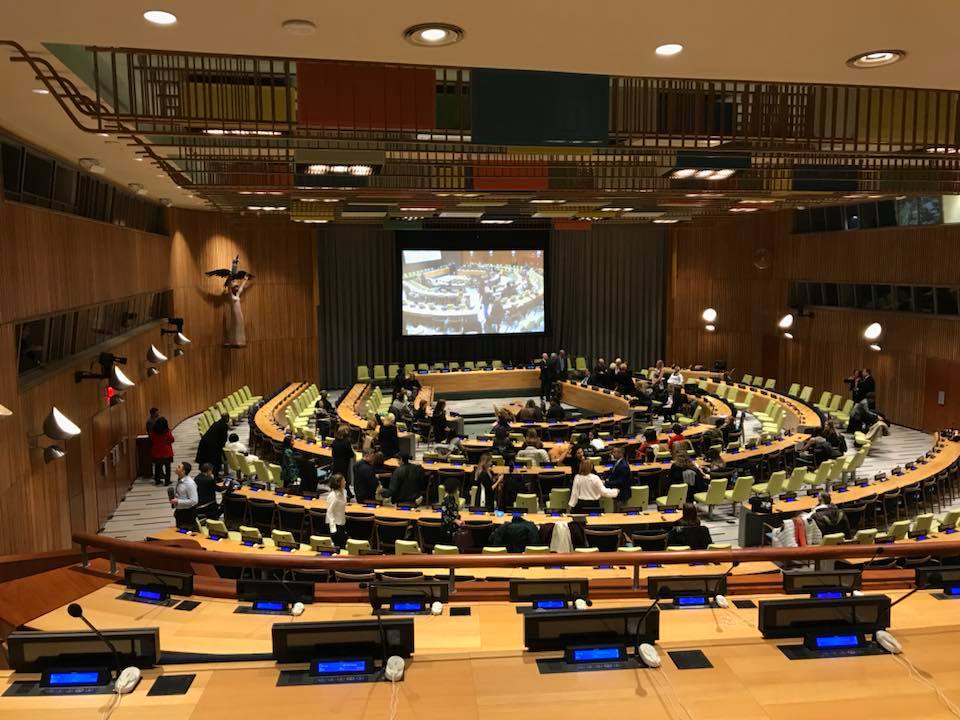

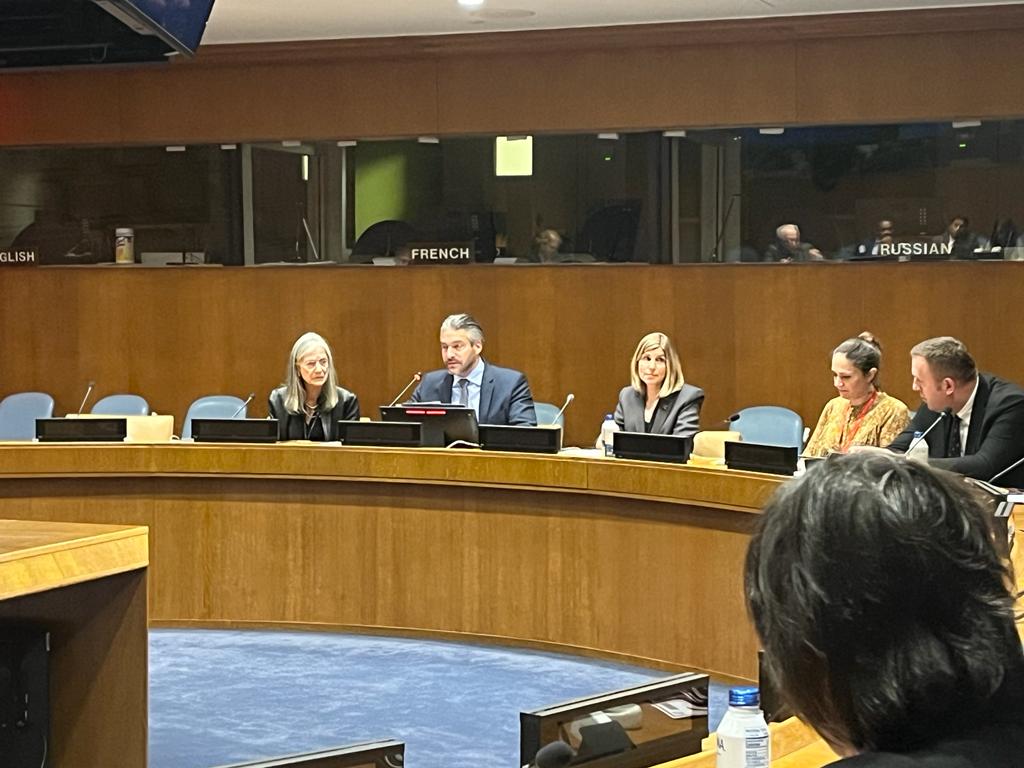

PROJECT MANAGEMENT
The FPCD helps manage country-owned and country-led projects that provide pathways to peace.
The most enduring sustainable development is country-owned and country-led. We understand that when it comes to improving the situation in a conflict-affected and fragile country, a range of priorities across multiple sectors and subsectors must be considered. Beginning in 2005, the FPCD has responded to the needs of several countries with expert assistance and programs that are still thriving to this day.
The FPCD’s top-down, bottom-up approach ensures that every intervention has the broadest possible consultations, from the Head of State or Head of Government to the local community. Our priorities range from maternity clinics to youth centers, from environmental to agricultural initiatives, and even involve veterans’ programs.
We have gained a reputation for responding to the needs of individual citizens while delivering broader, successful programs in various countries, while also taking an active part in forums at the global level to advocate for post-conflict and fragile countries. By 2010, the FPCD had built maternity clinics that served as a model for best practice for the establishment of youth centers training hundreds of youths across post-conflict countries, including Timor-Leste and Haiti.
To accomplish shared objectives, the FPCD produces special events for governments, corporations, organizations, and institutions. From inception to creation, the FPCD provides services for events, each tailor-made to promote specific, designed outcomes. All events support local peaceibuilding and state-building, contribute to the international development landscape, and achieve acceleration and advancement of the United Nations Sustainable Development Goals.
PARTNERSHIP PROMOTION
The FPCD develops innovative bilateral and multilateral partnerships that offer a unique combination of advantages for our client countries.
The FPCD acts as a critical nexus that binds multilateral partnerships with a focus on peace-building and state-building. Our headquarters are strategically located in New York City and associated with the United Nations systems. We have branches in Monaco (serving Europe and Africa) and Australia (serving Asia-Pacific). The Foundation aligns with the principles and policies of the global diplomatic frameworks set amongst and between United Nations member countries. We act as neutral arbiters and are well versed in providing the infrastructure and processes to promote mutual understanding and shared outcomes.
The FPCD is proud to support the g7+, 20 fragile and conflict-affected countries, and we have formed critical and long-lasting partnerships with the Democratic Republic of Timor-Leste, the host country of the g7+.
Current and past partners include, among others, the Government of Monaco, the Government of Timor-Leste, the Permanent Missions to the United Nations of Monaco, Liechtenstein, Qatar, Italy, Angola, and Namibia, the UN Staff 1% for Development Fund, the Doha Bank, the Prince Albert II of Monaco Foundation, the Monaco Red Cross, Fight Aids Monaco, the Princess Grace Hospital (Monaco), Fondation Sancta Devota, HOW Global USA, the Guerra Book Project, the Office of the Mayor (New York City), the Gabarron Foundation, the United States Sports Academy, the International Olympic Committee, Fundação Xanana Gusmão, Peace and Sport, and AMREF.
We continue to seek bold and innovative partnerships.
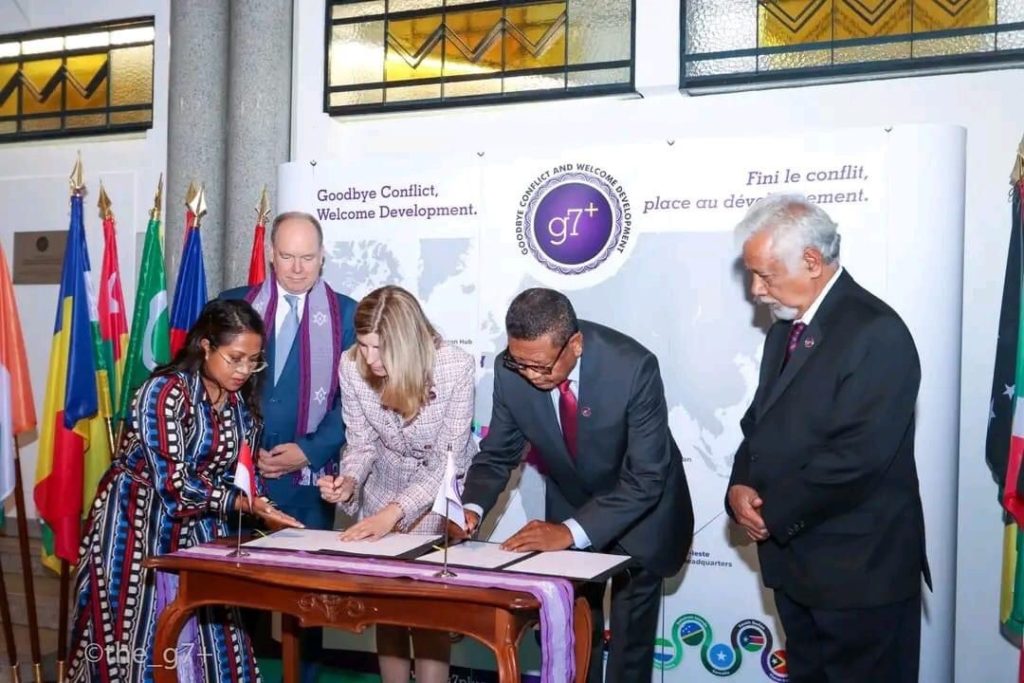
OUR STRATEGY?
D.A.N.C.E.
Peace has a dynamism that transcends fragility – an interconnectivity with development requiring balance, a neutral space to engage, and concrete steps toward progress. Above all, peace needs innovation.
But peace can be fluid: It may falter or fall. Yet with enough energy and resources, it will recover and persist. Peace demands disciplined and dedicated participants, a range of flexible stakeholders who nonetheless create and align to a common vision, willing to coalesce and move as one.
Through decades of humble and incremental experience, FPCD experts learned that peace wants us to D.A.N.C.E.
D – Diplomacy
A – Award
N – Navigate
C – Collaborate
E – Eradicate
D.A.N.C.E unites the lessons of past, weaving an inter-cultural understanding that embraces hope for a re-imagined future.
Hover on the images below for more information:


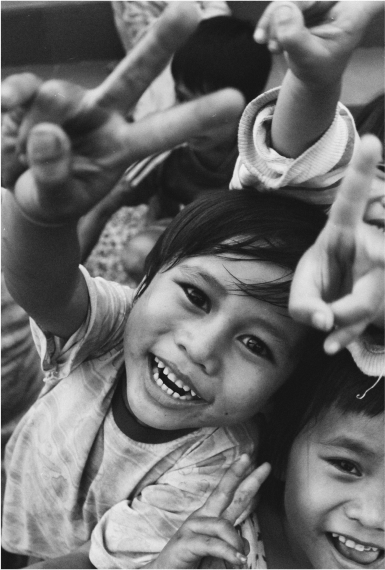

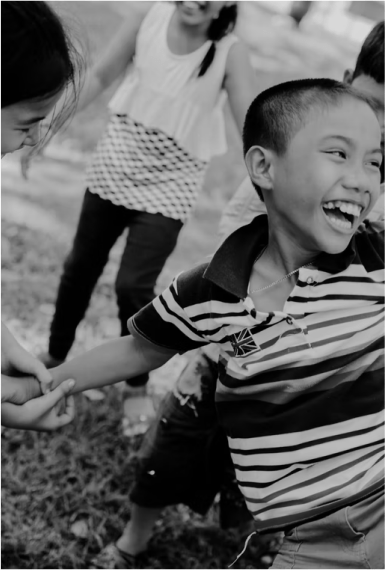





Letter from our Founder

Claudia Abate
The United Nations announced 2021 would represent the greatest humanitarian crisis since its inception, 75 years ago. Conditions once exclusive to nations emerging from war are now conditions shared by all nations as they continue to battle COVID-19 and the extreme effects of climate change. When I founded the FPCD in 2005 to address the unique needs of post-conflict nations, I could never have imagined that less than two decades later, the globe would be awash in fragility.
Today, the loss of life from COVID-19 and the global climate crisis is impacting many nations. The combination of conditions is set to plunge 10% of the world into food insecurity. Two decades of progress in the reduction of extreme poverty, the cornerstone of the United Nations Sustainable development goals, has been pushed into sharp reverse.
We face unprecedented times, urgent action is required to address the climate crisis, pandemics, conflict, and economic pressures — all of which cause human displacement and suffering.
FPCD STRUCTURE
The Foundation for Post Conflict Development (FPCD) is a not-for-profit organization. It has three tiers of leadership to provide a transparent, accountable, and globally recognized structure. The FPCD is recognized as a tax-exempt, charitable organization under U.S. Internal Revenue Code section 501(c)(3).
Public inspection of legal documents, copies of the FPCD annual federal tax return (Form 990), tax-exempt application, IRS tax exemption determination letter, and FPCD annual reports are available without additional charge, other than reasonable fees for copying and postage, by writing to the FPCD Office at 369 Lexington Ave., Suite 3104, New York, NY 10017.
A copy of the official registration and annual report may be obtained from the New York State Department of Law.

